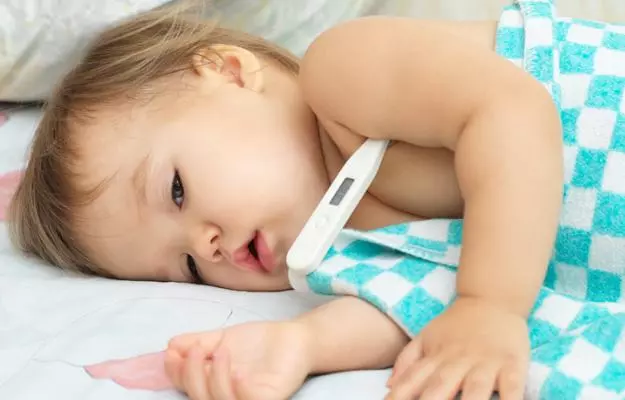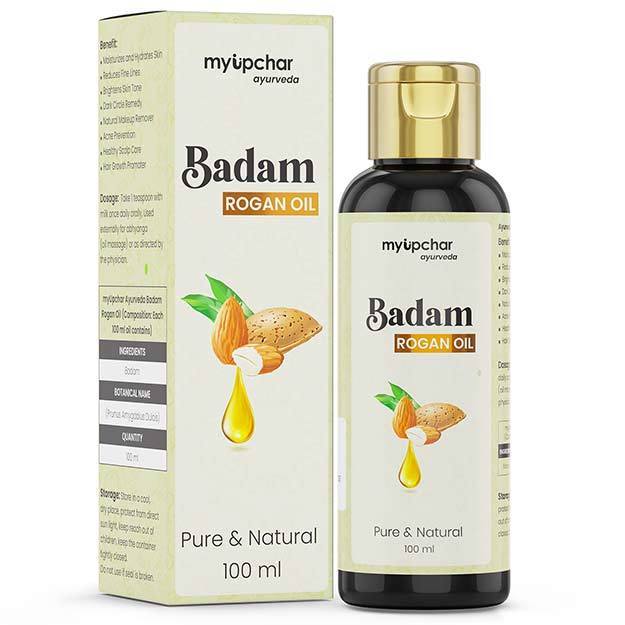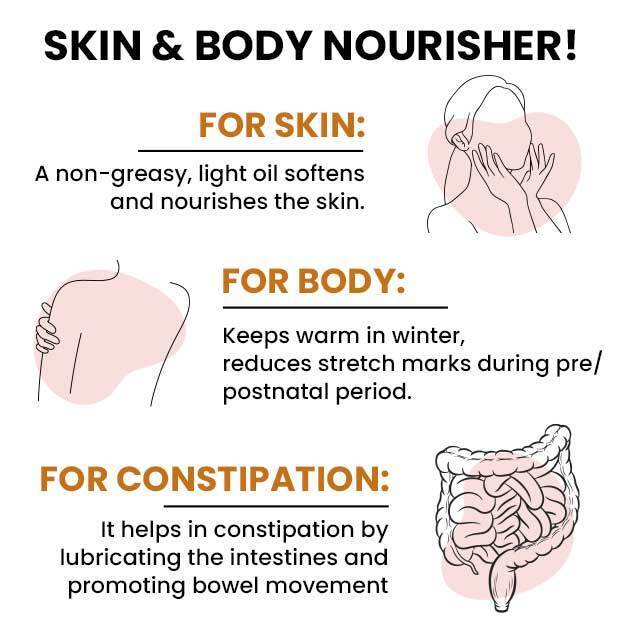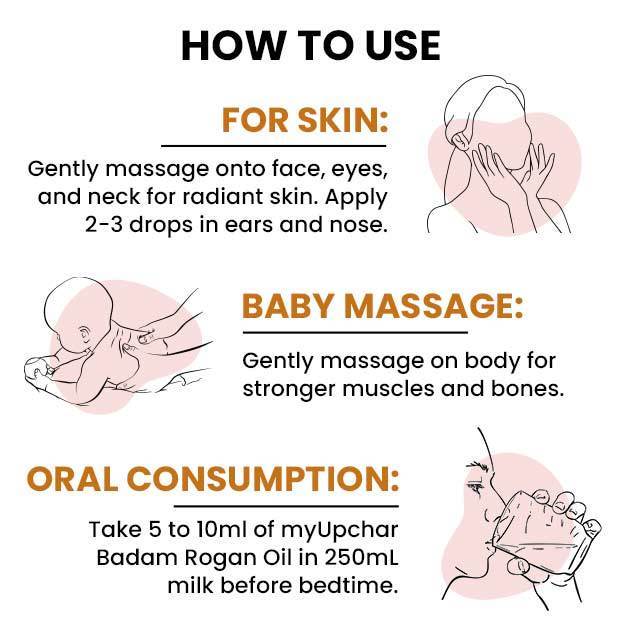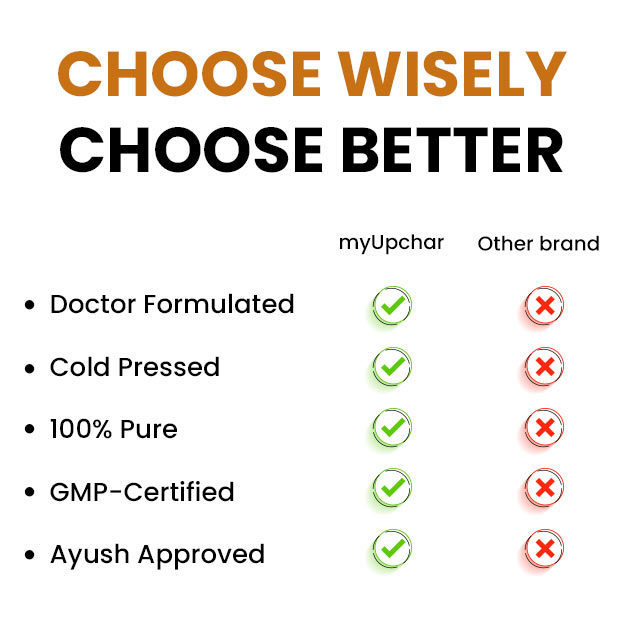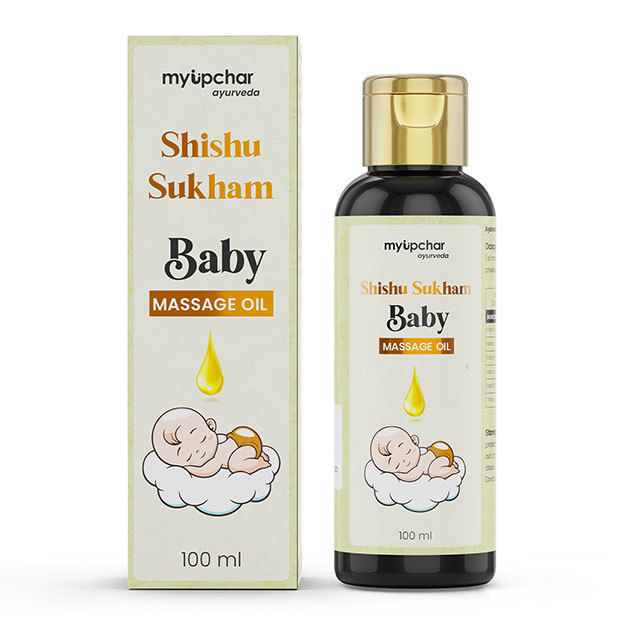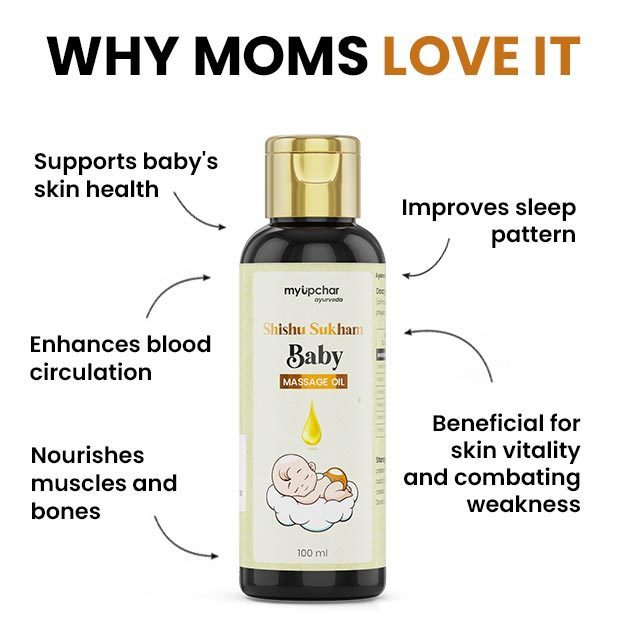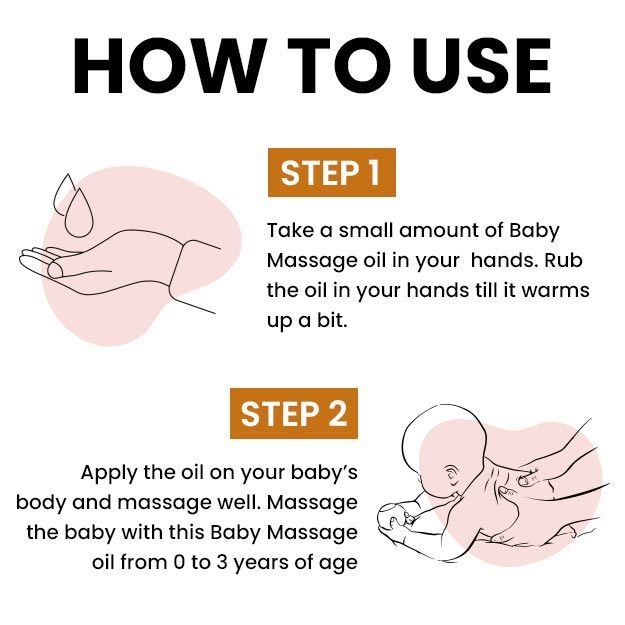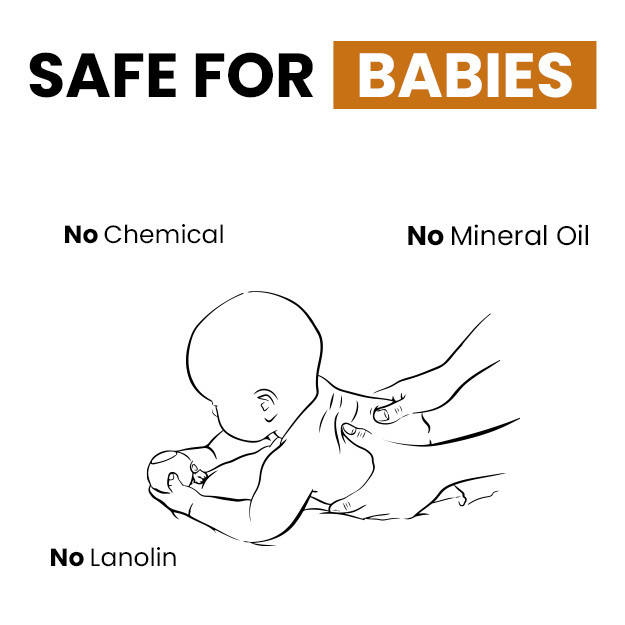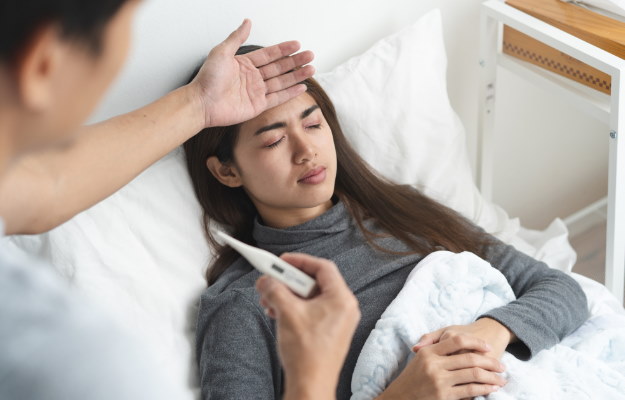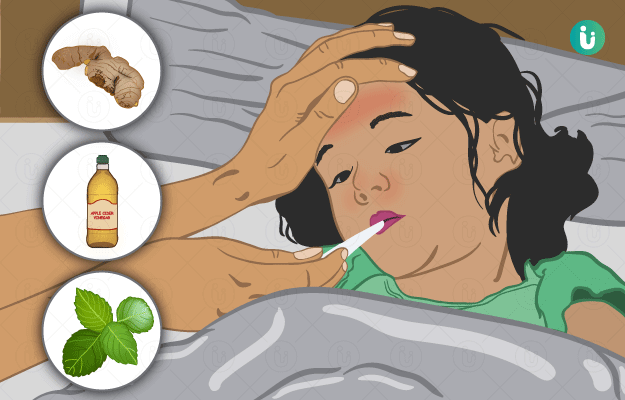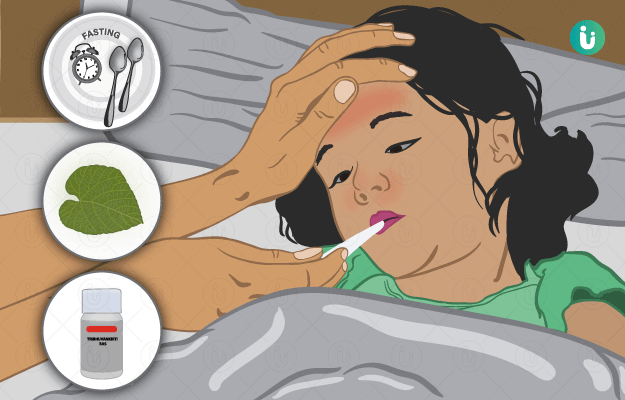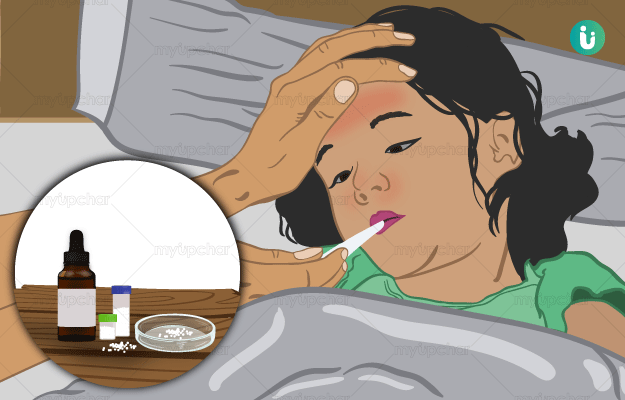Many children come to the clinic due to fever. Most parents are so afraid of fever that they request for an emergency checkup. And most parents are not even aware of the precautions to be taken during fever. So today I will give you information about a small solution to this problem and precautions to be taken.
This information is applicable only for children above 3 months of age. Fever can be a serious problem in children younger than 3 months, so immediately take them to a pediatrician for a checkup.
Read More - (First aid for viral fever)


